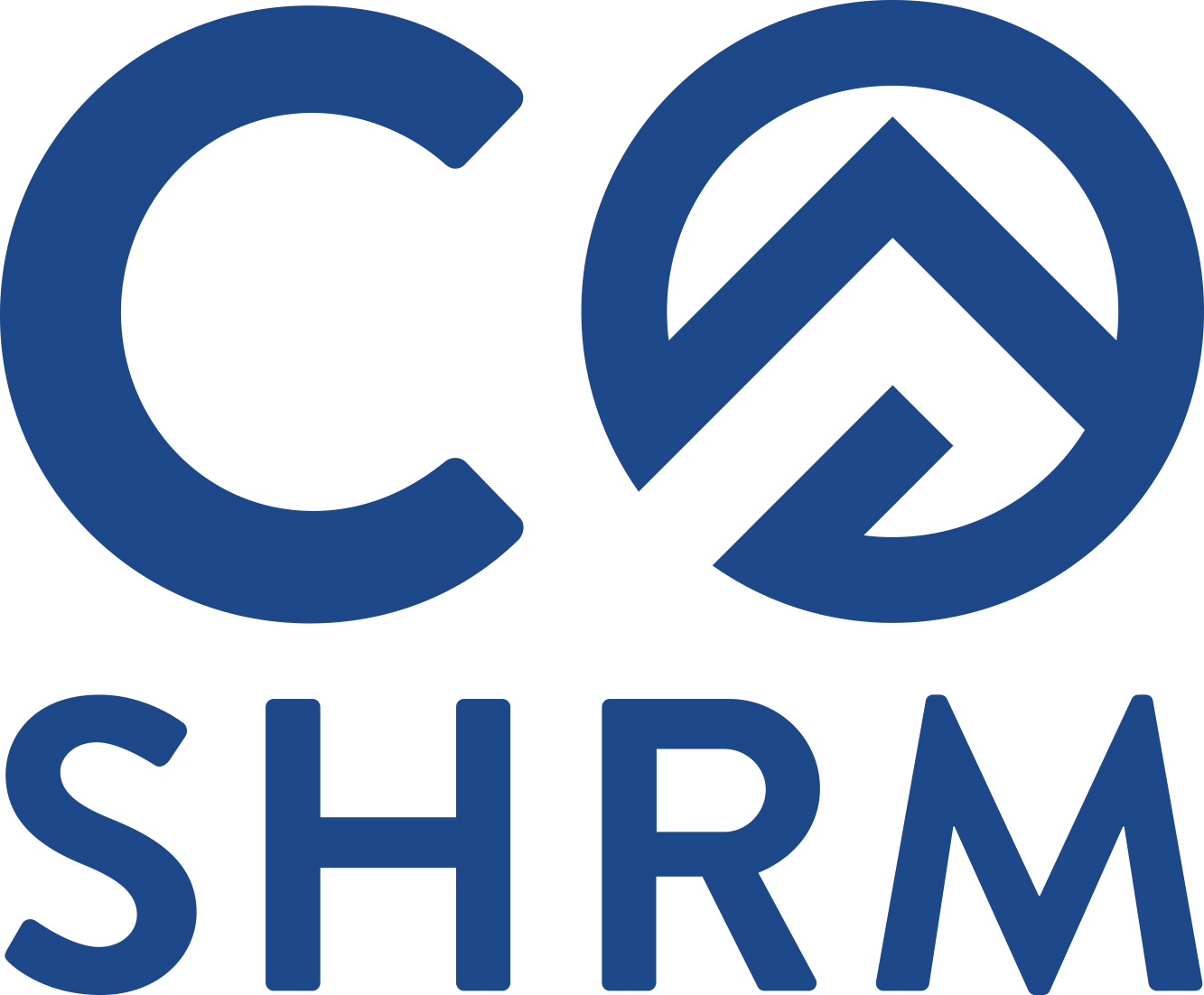Resolutions for 2023
December 15, 2022
By Michael Santo, COSHRM Legislative Director and Managing Attorney at Bechtel & Santo
It’s that time of year again. Time for winter driving, sunsets before 5:00 pm, the countdown to Spring Training, and, of course, New Year’s resolutions. So, to join in this long-standing tradition, COSHRM Connection created the following resolutions, in no particular order:
 Legislation, legislation, legislation. To borrow an oft-repeated expression, “if you don’t get involved in legislation before it’s passed (e.g., write emails to your representatives/senators; participate in local governmental/legislative committees), you lose the right to complain about it after it’s passed.” The 2023 Colorado legislative session is certain to be a very active one regarding employment laws. So, now is the time to get involved in shaping how those laws will look (and Save the Date for COSHRM's Day at the Capitol event on April 6).
Legislation, legislation, legislation. To borrow an oft-repeated expression, “if you don’t get involved in legislation before it’s passed (e.g., write emails to your representatives/senators; participate in local governmental/legislative committees), you lose the right to complain about it after it’s passed.” The 2023 Colorado legislative session is certain to be a very active one regarding employment laws. So, now is the time to get involved in shaping how those laws will look (and Save the Date for COSHRM's Day at the Capitol event on April 6).- Sign-up for FAMLI. The Colorado Paid Leave FAMLI website recently went live. All employers can now access and register their business at famli.colorado.gov. My FAMLI+ Employer will operate similarly to My UI Employer, allowing employers to report wage data, remit premium payments, apply for an exemption with a private plan, and upload letters of declination votes. Most Colorado businesses will need to register in My FAMLI+ Employer before the first premium payment is due April 30, 2023.
- Let employees know about FAMLI. Employers are required to notify their employees about the new FAMLI program by January 1, 2023. So, now is the time to start posting the CDLE FAMLI poster, sending out paycheck stuffers, etc. See the FAMLI Toolkit for Employers for more information.
- Make sure job descriptions accurately describe the duties you want the employee to perform. Job descriptions not only convey to employees what they should be accomplishing, but they are invaluable to identify in unemployment claims, EEOC charges, litigations, etc. what the employer considers to be the essential functions of the position. Additionally, these job descriptions are absolutely essential in defending a claim under the Equal Pay Act. So, don’t overlook these critical documents.
- Distribute policies and conduct training regarding the requirement that nonexempt employees may not perform work off-the-clock. Class-action lawsuits regarding employees claiming that they performed work off-the-clock continue to increase and increase and increase. To attempt to limit liability in such claims, organizations should ensure that they take steps to require nonexempt employees to document all time worked and that they are diligent in reminding employees to track ALL time worked.
- Make sure supervisors receive training regarding the organization’s policies and procedures. Do your supervisors understand the finer points of the ADA when their subordinates talk to them about a recent medical issue or explain why the employee shouldn’t receive a reprimand because of a certain medical condition? Are they ready for the upcoming FAMLI leave in 2024 and all the reasons an employee can request leave? Do they understand that unlawful harassment and discrimination claims are not limited to sex, but can include religion, age, race, ethnicity, genetic information, gender identity, gender expression, disability, marital status, etc.? These are just a few examples of training that supervisors should receive from organizations.
- Remain cognizant that harassment charges are on the rise. According to the EEOC’s Enforcement and Litigation Data, employers paid nearly half a trillion dollars ($439.2 billion) to resolve more than 70,000 discrimination/harassment claims with the EEOC. Sexual harassment cases have become the most active areas of enforcement, jumping more than 50 percent year over year. During the last year, the agency responded to over 470,000 calls to its toll-free number and more than 187,000 inquiries in field offices, including 122,775 inquiries through the online intake and appointment scheduling system, reflecting the significant public demand for EEOC’s services. These numbers require that organizations train supervisors and employees about the importance of “see something, say something.” This means that employers should not only focus on educating all employees about what constitutes unprofessional conduct, but the importance that inaction is never an acceptable response.
- Ensure that your organization’s harassment and discrimination policy contain an effective and lawful complaint procedure. One of the best defenses to a harassment claim is that an employer has a well-documented anti-harassment policy and complaint procedure that is conveyed to every employee and is followed when a complaint is received.
- Si sus trabajadores hablan varios idiomas, las políticas de la compañía deben estar en varios idiomas. If you didn’t understand that, perhaps you shouldn’t expect employees who predominantly speak Spanish to understand the organization’s English-only policies. In short, consider having your key employment policies translated into Spanish for workers who predominantly speak Spanish.
- Treat every e-mail and text as though it could be “Jury Exhibit #1.” Many people look at e-mails and texts as more “casual” than documents, letters, etc. But they aren’t. Further, hitting that “delete” button doesn’t erase the e-mail or text from the system; it can be discovered years later. All employees within your organization should be advised to read and write e-mails and texts from this perspective.
So, with these resolutions (and other(s)) now prepared, we can look forward to the coming year! And we here at COSHRM Connection wish everyone “Happy Holidays” and a wonderful start to the new year.




